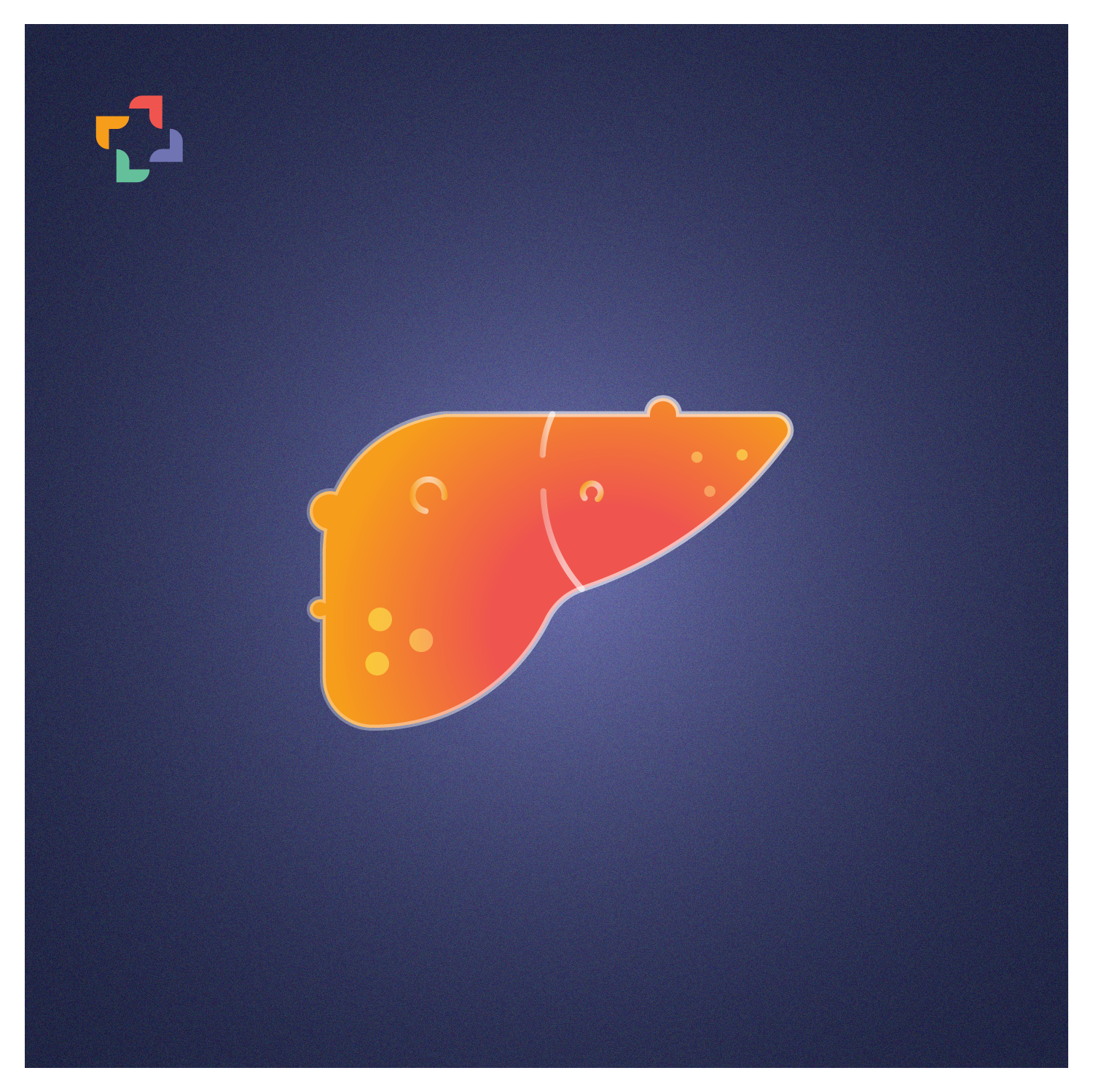Podcast-Fatty Liver
Learning Objectives
At the end of this course, participants should be able to:
- Recognize signs and symptoms that require referral to a liver specialist, such as abdominal distension, ascites, splenomegaly, thrombocytopenia, and gastrointestinal bleeding
- Identify clinical signs of chronic liver disease and understand when urgent intervention is needed
- Understand and implement stepwise strategies for managing pediatric MASLD, focusing on lifestyle changes and reducing sugar-sweetened beverages
- Recognize the role of vitamin E in the treatment of biopsy-confirmed MASH and understand its limitations in improving ALT levels
- Understand the potential use of Resmetirom in adults and the impact of GLP-1 drugs for weight management in pediatric MASLD patients
- Apply ongoing monitoring and lifestyle interventions to improve liver health and reduce liver enzyme levels in MASLD patients.
Intended Audience:
This online course is designed for pediatricians, family physicians, and pediatric endocrinologists.
Abstract:
In this episode, Dr. Eyal Ben Isaac and Dr. Tania Mitsinikos discuss chronic liver diseases, specifically metabolic dysfunction-associated fatty liver disease (MASLD), and emphasize the need for timely referral to a liver specialist. Dr. Mitsinikos outlines critical signs that indicate the necessity for urgent referral, including signs of chronic liver disease, portal hypertension, and symptoms such as abdominal distension, ascites, organomegaly, and splenomegaly. Additionally, signs of varices, such as hematemesis and melanotic stools, also require immediate attention. Dr. Mitsinikos highlights the importance of managing children with liver enzyme elevation and provides treatment strategies for MASLD, including lifestyle changes (diet, exercise) and medication options like vitamin E for patients with biopsy-confirmed MASH. She also discusses the latest FDA-approved treatment for adults, Resmetirom, and the potential role of GLP-1 medications for weight management in patients with liver disease. The discussion concludes with a reminder about the importance of careful, stepwise management of liver conditions in pediatric patients.
Assessment and Earning CME Credit:
This course in English is not CME-accredited. However, it provides valuable educational content that can enhance your knowledge and skills in the subject matter. To receive CME credit for this course in Armenia, you must take the course in Armenian and complete the post-course quiz. You have three chances to achieve a passing score of 70%. Once you pass the quiz, we will send your information to the Armenian Ministry of Health for credits.

Dr. Tania Mitsinokos
Tania Mitsinikos, MD, is the director of the Metabolic Dysfunction-Associated Steatotic Liver Disease (MASLD) Clinic and Associate Director of the Liver Transplant Hepatology Fellowship at Children's Hospital Los Angeles. She is also a Clinical Assistant Professor of Pediatrics at the Keck School of Medicine of USC. Dr. Mitsinikos' clinical interests focus on pediatric Metabolic Dysfunction-Associated Steatotic Liver Disease (MASLD), pediatric hepatology, and pediatric liver transplant. She completed her medical education at the University of Southern California, Keck School of Medicine, followed by an internship and residency in general pediatrics at Children's Hospital Los Angeles. Dr. Mitsinikos then pursued a fellowship in gastroenterology and transplant hepatology at the same institution. She is board-certified in pediatrics, pediatric gastroenterology, and pediatric transplant hepatology. Dr. Mitsinikos is a member of the American Academy of Pediatrics, the North American Society of Pediatric Gastroenterology, Hepatology, & Nutrition, and the American Association for the Study of Liver Diseases.
